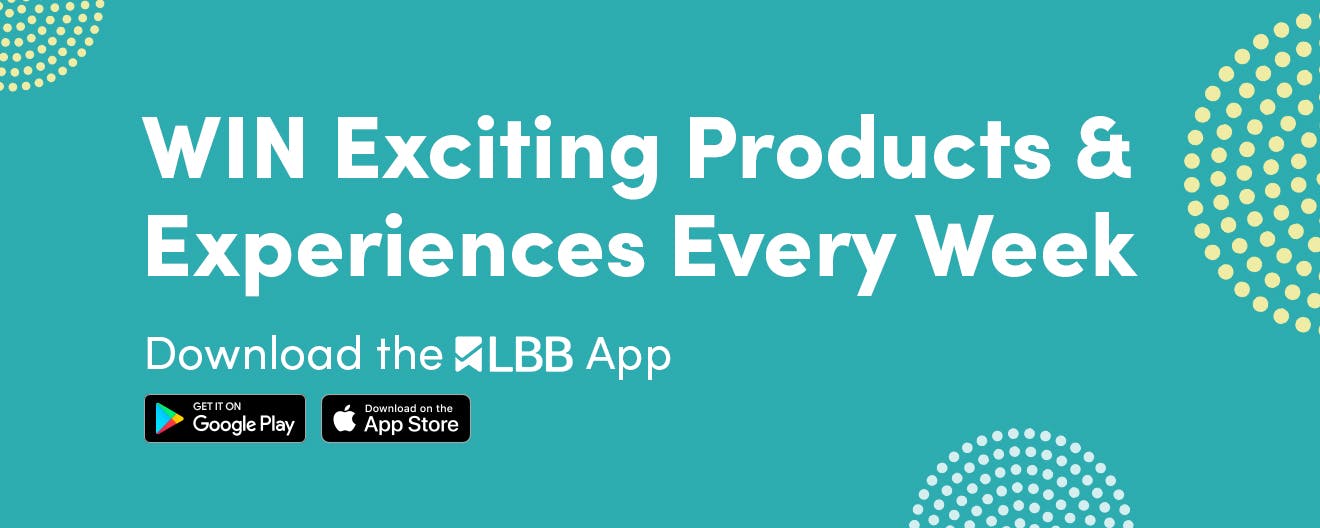Though medical cannabis, with its potential to alleviate various health conditions, has captured public interest and fascination, it has also given rise to various misconceptions.
- Medical cannabis is illegal in India: Contrary to popular belief, medical cannabis is not prohibited in India. Cannabis is a Schedule-E1 drug under the Drugs and Cosmetic Act, 1940, and is regulated by the AYUSH Ministry and the Indian Excise Department.
Also,, while the Narcotic Drugs and Psychotropic Substances Act of 1985 (NDPS Act) prohibits the recreational use of cannabis, it does not apply to the plant's leaves or seeds. The Act also recognises cannabis as a biomass, fibre, and high-value oil source. And its medicinal usage is encouraged once suitable rules and licences are obtained.
- CBD and cannabis are the same things: This a leading misconception and CBD and cannabis are often used interchangeably, but that's not true. CBD is just one of over 100 compounds found in the cannabis plant, and it lacks the intoxicating effects of THC.
- CBD isn't safe: According to the World Health Organization, naturally occurring CBD is safe and well-tolerated in people without associated public health impacts.
- CBD or medical cannabis products are only effective when consumed orally: While oral consumption is common, topical usage can also be highly effective, challenging the myth that ingestion is the sole effective method.
Pro-Tip: CBD is a versatile compound with various types and applications, and it's essential to separate facts from myths to make informed decisions about its use. Always consult with a healthcare professional before starting any CBD oil or other product regimen, especially if you have underlying health conditions or are taking medications.

